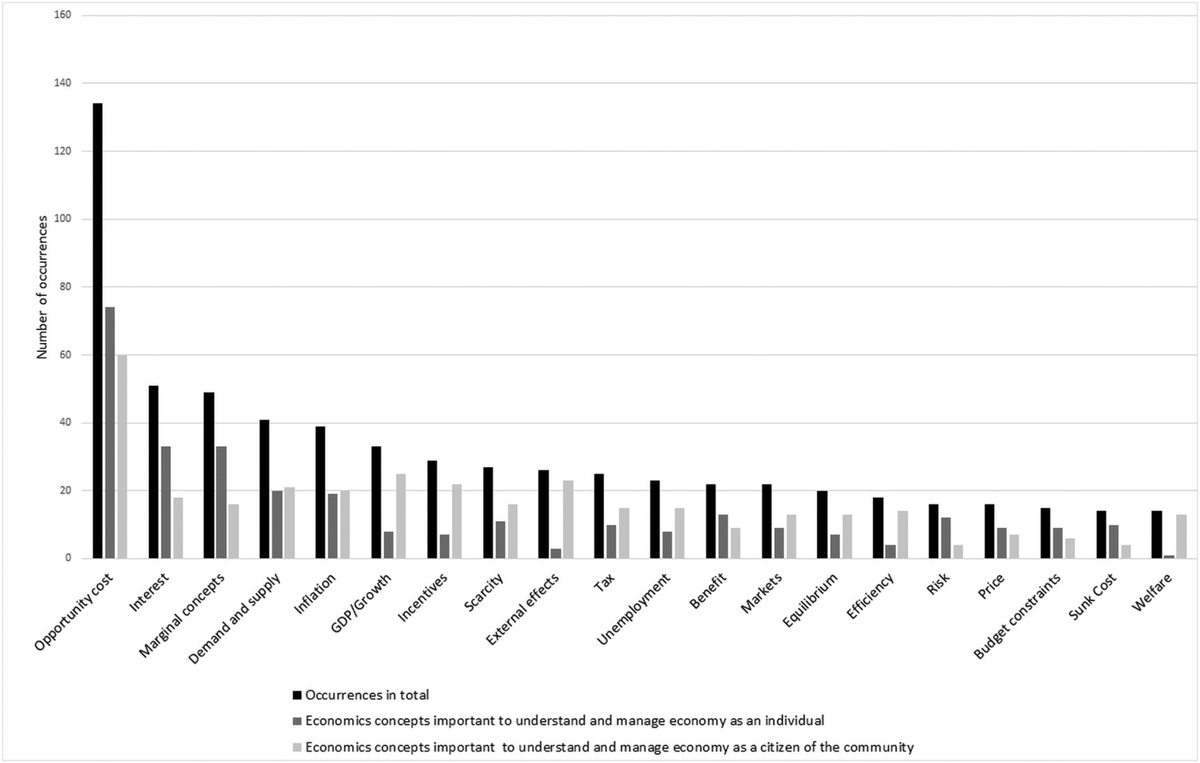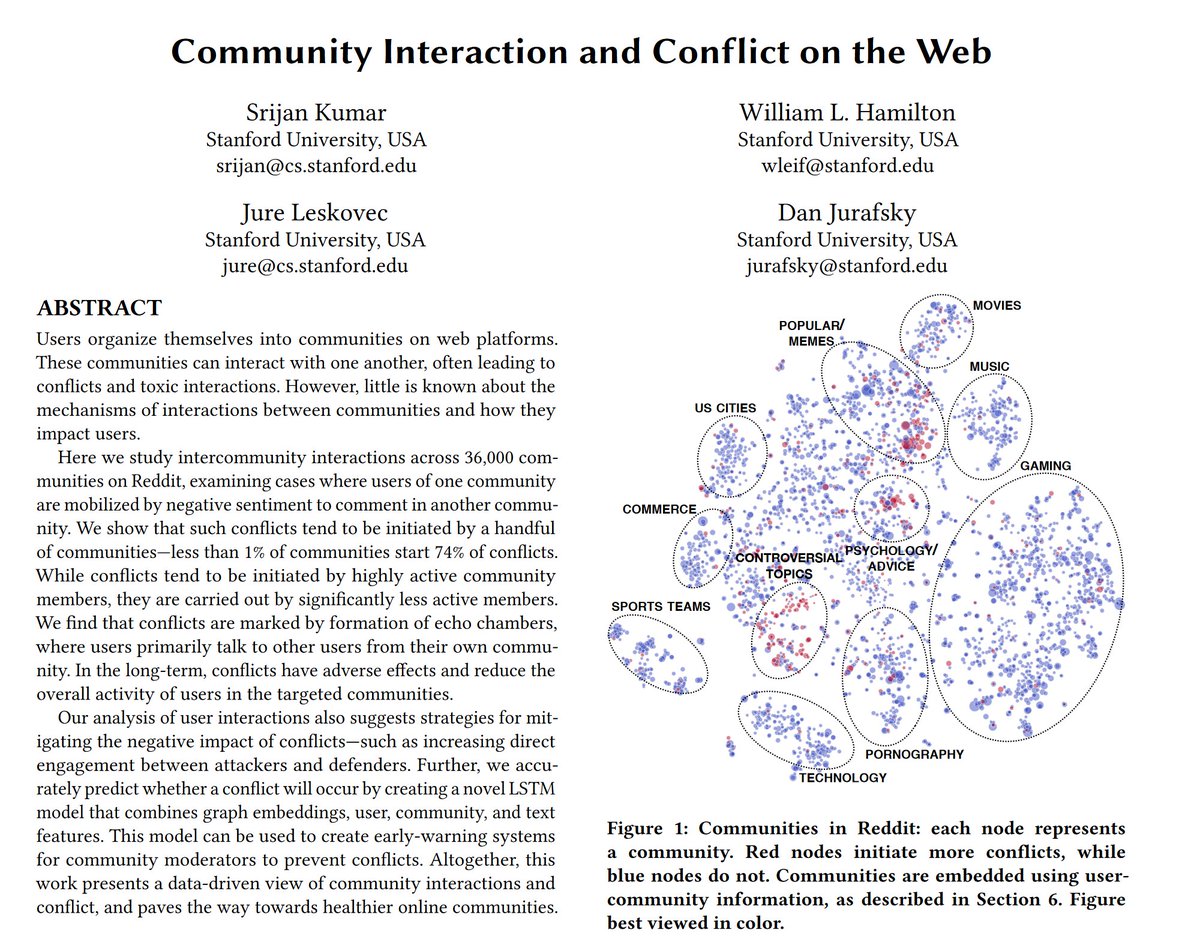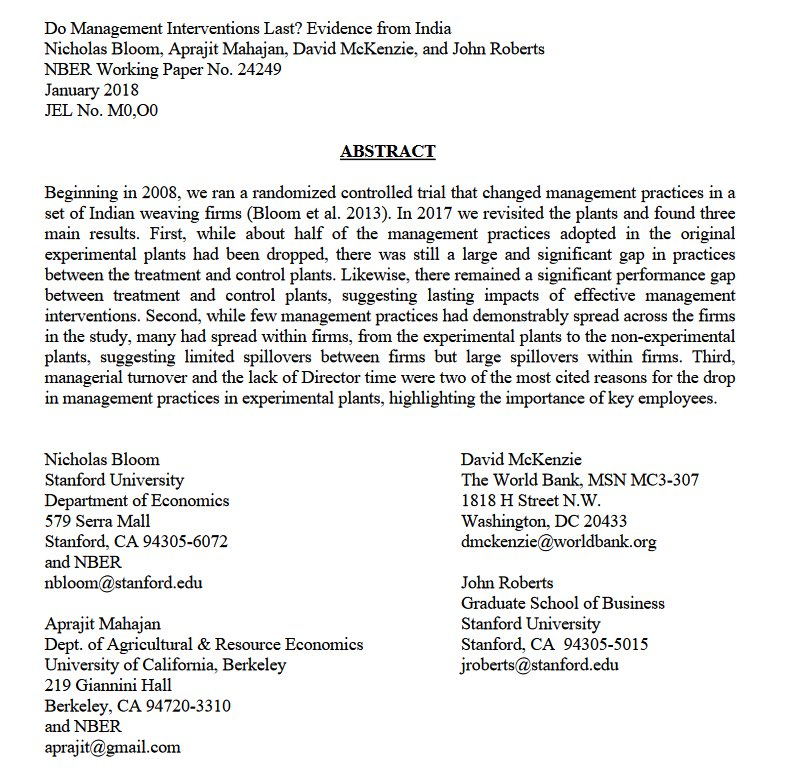
Short digital detoxes actually seem to backfire: a day-long break from social media does not make you feel any better & may even lower your sense of connection, according to preregistered experiments. Instead, the researchers had to deal with people cheating on their 1-day detox. 

A week-long experiment where the treatment group reduced their online social media use by 50% also had no impact on either well-being or ability to concentrate (though people assigned to reduce social media use thought they could concentrate better - even though they couldn't!) 

Careful studies on the effects of social media & screens on well-being find a lot of these null & small effects. For example, this study of 355k teens shows the impact of screen time on well-being for adolescents is only a little larger than the impact of eating potatoes 🥔 



And this study of 17,000 teens shows that amount of screen time only accounts for 0.1% of the variation in their well-being.
Of course, social media can lead to other problems in other ways, and individuals vary in how it affects them, but it is worth noting these findings!

Of course, social media can lead to other problems in other ways, and individuals vary in how it affects them, but it is worth noting these findings!


• • •
Missing some Tweet in this thread? You can try to
force a refresh




























